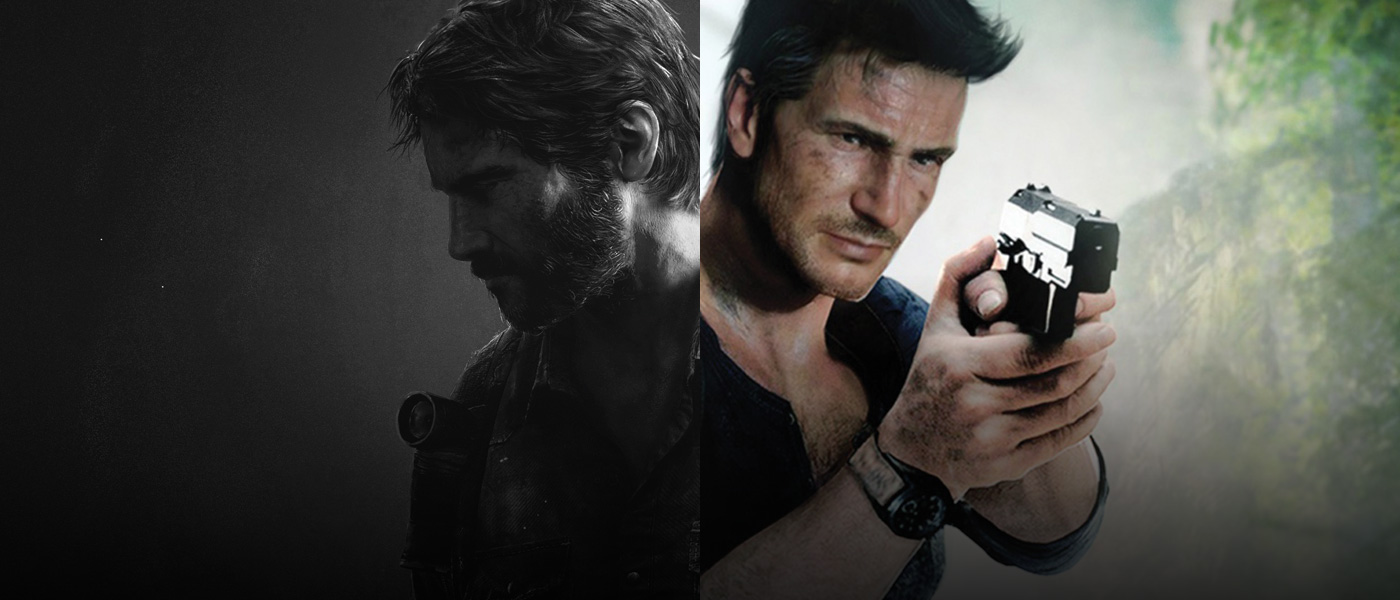A common issue in both the gaming industry and the film industry is the fact that some franchises outlive their life expectancy with sequels that narratively either may not have been needed or were just made in order to cash in on the original. Now, in this case, we’re talking about story driven games like Uncharted and other franchises that are first and foremost narrative experiences.

The most important thing to remember when setting up a continuation is that you need a good story to tell, which is where many franchises tend to stumble, as production often seems to start up based on the commercial reception of the original(s). A good example of how to properly execute this is Naughty Dog’s Uncharted 4: A Thief’s End, which succeeded in providing a well written closing chapter for the franchise, ending character arcs and setting up a retrospect upon the franchise itself, looking back at the events that got our characters where they are now.
But now comes the question, with Uncharted 4 being as successful as it is both commercially and critically, is Uncharted 5 a done deal? Or is it time for the franchise to make way for new adventures for the developer? Albeit if only for a while. Uncharted’s 4-game arc provided a strong arc for its characters, and The Last of Us did the same for its universe standing well on its own as a one-shot experience, but with commercial success, does it become impossible to stand on your own in the industry? Rumors have been circulating regarding a possible sequel, and whilst Naughty Dog without a doubt could come up with an excellent sequel, is it ultimately needed?

Now in the case of Naughty Dog Sony has been a bit hands off to the project they work on, giving them the freedom to work more freely on these projects, but a lot of other studios in the industry do not share these freedoms. Especially smaller studios, who are pushed to support larger franchises are less likely to be able to work on original projects due to their size, and the workforce required to support the franchises they’re assigned to.
This by no means a statement against sequels, considering some of the best games in gaming history are sequels, but it does open up the question whether innovative storytelling is sometimes held back by its own success. When is a story officially over? When developers no longer have a story to tell, or when a story has given enough closure to become a satisfying finale? That’s to say, you can get around that by making spin-offs or setting games in the same universe. Less is more, and sometimes even though we may long for more, is it better to draw a line and make room for new experiences? You can either end on a high note like Uncharted, or you can whither down as you release your 11th installment.

That said, it is possible to breathe new life into an existing franchise by following new characters and different dynamics into the mix, but when push comes to shove certain protagonists never get an ounce of rest, as retirement never really becomes a thing. At what point is Kratos killing gods for the sheer fun of it? When does Master Chief finally get the rest he deserves? Whilst replacing characters and settings is a hard thing to do, changing up the dynamics and adding new storylines with different messages and tones could do a whole lot to make a franchise memorable in a whole new way, whilst still catering to the fans with its core gameplay, albeit with certain improvements and additions to keep things fresh.
Ironically enough, The Assassin’s Creed franchise is a good example of this concept, even though the execution hasn’t always been that ideal. When you grab the concept of a franchise like this and give development time to breath unlike many annual franchises do, you get the option to reinvent yourself in certain ways. That is to say, I’m not talking about a reskin, but a re-invention every now and then when a franchise needs it, rather than bringing back concepts and characters that deserve their rest. Another good example of this is Bioware’s upcoming game Mass Effect: Andromeda, which is seemingly giving the franchise a new face as the franchise moves into another system, where we get the opportunity to follow stories that don’t necessarily have to be defined by earlier games.

That is to say, we’ll still look forward to a lot of sequels, and even though a lot seem unnecessary, they’ll still be welcome if studios put as much heart and work into it like the developers did with Uncharted 4, but new and fresh experiences have always been defining aspects for the industry, and even in a world of amazing sequels, let’s hope that we’ll see many new experiences as genre defining as Uncharted and The Last of Us!



